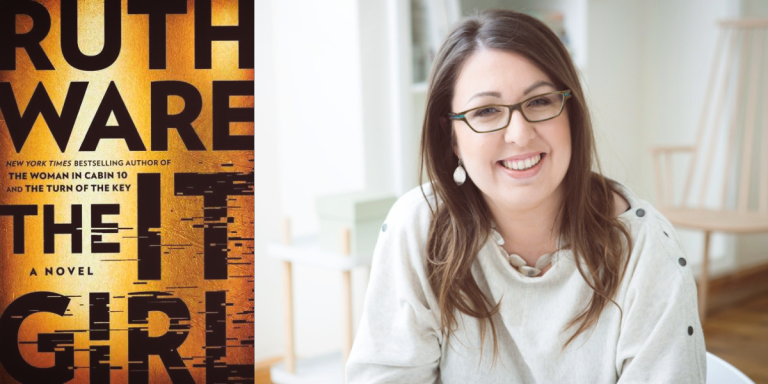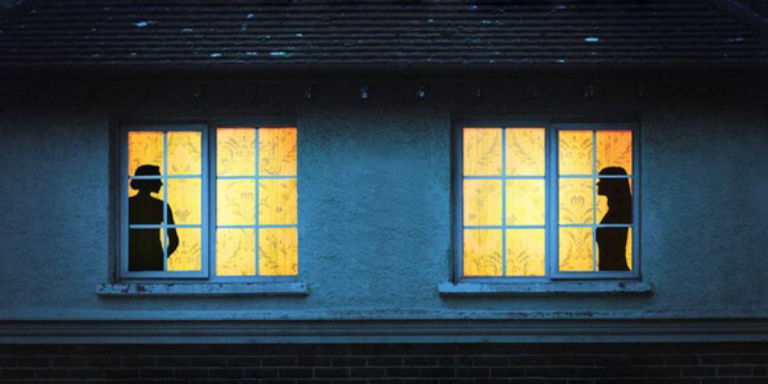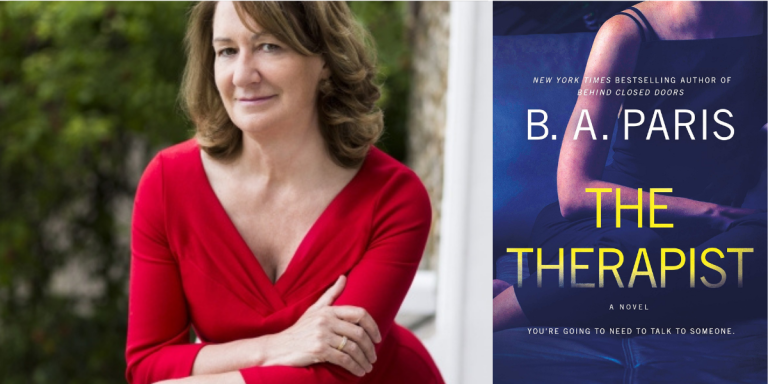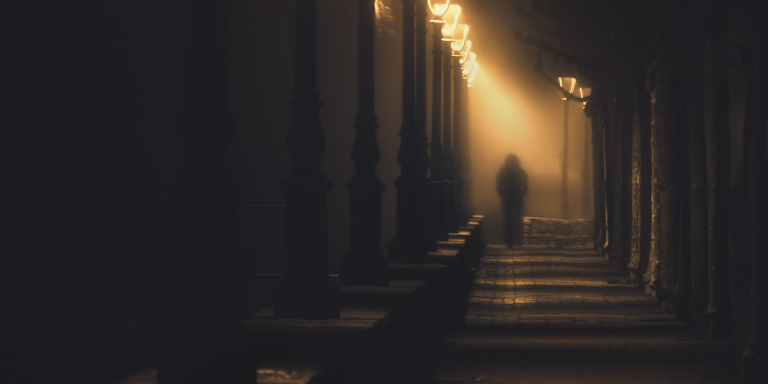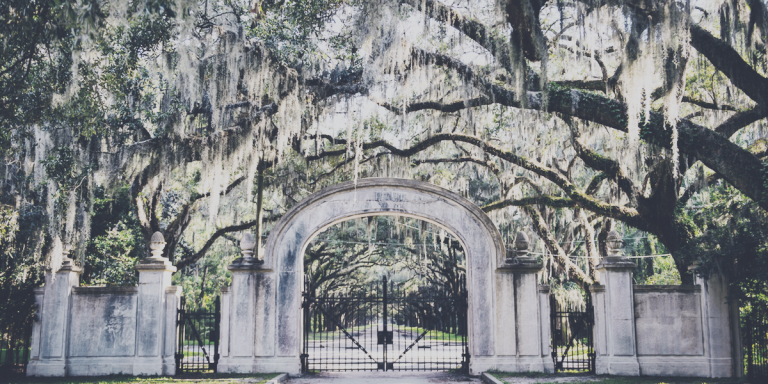Crime Writer Gillian McAllister on the Correlation Between Parenting and Writing
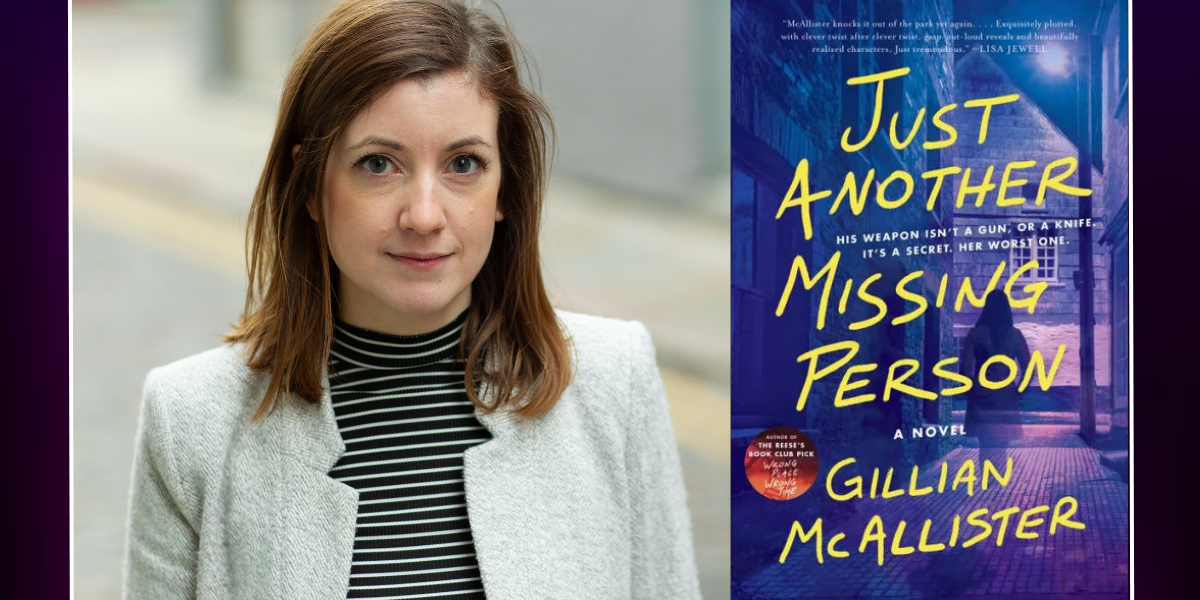 I think most writers are—in some ways—processing their life events through their writing, as a kind of unofficial therapy. When I was contemplating leaving my job as a lawyer to write full time, every single person in the book I was then working on was self-employed: I only noticed when I read back, years on.
I think most writers are—in some ways—processing their life events through their writing, as a kind of unofficial therapy. When I was contemplating leaving my job as a lawyer to write full time, every single person in the book I was then working on was self-employed: I only noticed when I read back, years on.
The first clue, therefore, that I was truly interested in becoming a parent became apparent earlier in my writing than it did in my life. I was in my mid-thirties, was on the fence about having children, but something must have been happening deep in my subconscious because I started to write about being a mother. My US debut, The Good Sister, was about two sisters on opposite sides of the courtroom after an accident when one of the sisters was babysitting. And my Reese’s Book Club pick Wrong Place Wrong Time was about a mother who sees her teenage son murder a stranger, and then wakes up the day before the murder and tries to stop him from committing it. Both, ultimately, ask the question of how much you will do to protect or avenge justice for your child, but it wasn’t until I wrote them that I truly started to wonder why I was so interested in this topic. My next novel, Just Another Missing Person, continues this theme: it is about a police officer, Julia, who takes a bribe in order to cover up something her teenage daughter has done.
Unlike a lot of women, I really didn’t know if I wanted children. I wasn’t exactly a no, but I was definitely not a yes. I liked my life: dog, countryside, writing, career, husband. It was simple but felt busy and fulfilling. I think my interest in the parental condition, and the desire to write about it, stemmed from this indecision, and spending so much time with these parental characters, in literature, made me want to take the leap myself, into the unknown, sure, but also into something I knew to be beautiful, albeit in the fictional realm.
It was a real privilege and pleasure, therefore, to become a mother myself last autumn, and it’s been funny to live something that I’ve only been writing about until now.
I look back and I think actually I did (I think) get a lot of the emotions right about parenthood. I did accurately understand that parenthood ups the stakes of your life in quite a major way: it’s an unsettling, beautiful and strange feeling to have what feels like a piece of your heart walking around in the world, absolutely vulnerable, without you. It changes your emotional state. I was correct, too, that you really would die for your child in an instant: it wouldn’t even be a decision. I perhaps got some things slightly wrong, too: most of the parents in my novels are very self-consciously portrayed: in reality, being a mother feels so natural and seamless that you actually do not notice you have changed at all, or that your baby was not always here, and always them
Has parenthood changed my writing at all? Perhaps. On a purely practical level, these days I do have less time, so am more productive, filter more, reply to the things I absolutely have to and try to vigorously guard the time I have for my writing.
What is the strangest, though, is the messages I get. I get them mostly from women, from mothers who have, because of my writing, changed their parenting, decided to be more present or more understanding. And the weirdest thing of all is that I, now, as a mother, can look back at my own work, and learn something about parenting from it.
Discover the Book
Not everyone who is lost should be found…
22-year-old Olivia has been missing for one day…and counting. She was last seen on CCTV, entering a dead-end alley. And not coming back out again.
Julia, the detective heading up the search for Olivia, thinks she knows what to expect. A desperate family, a ticking clock, and long hours away from her husband and daughter. But she has no idea just how close to home this case is going to get.
Because the criminal at the heart of the disappearance has something she never expected. His weapon isn’t a gun, or a knife: it’s a secret. Her worst one. And her family's safety depends on one thing: Julia must NOT find out what happened to Olivia - and must frame somebody else for her murder.
If you find her, you will lose everything. What would you do?
This clever and endlessly surprising thriller is laced with a clever look at family and motherhood, and cements Gillian McAllister as a major talent in the world of suspense and a master of creating ethical dilemmas that show just how murky the distinction between right and wrong can be.
By clicking 'Sign Up,' I acknowledge that I have read and agree to Hachette Book Group’s Privacy Policy and Terms of Use
What to Read Next
